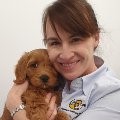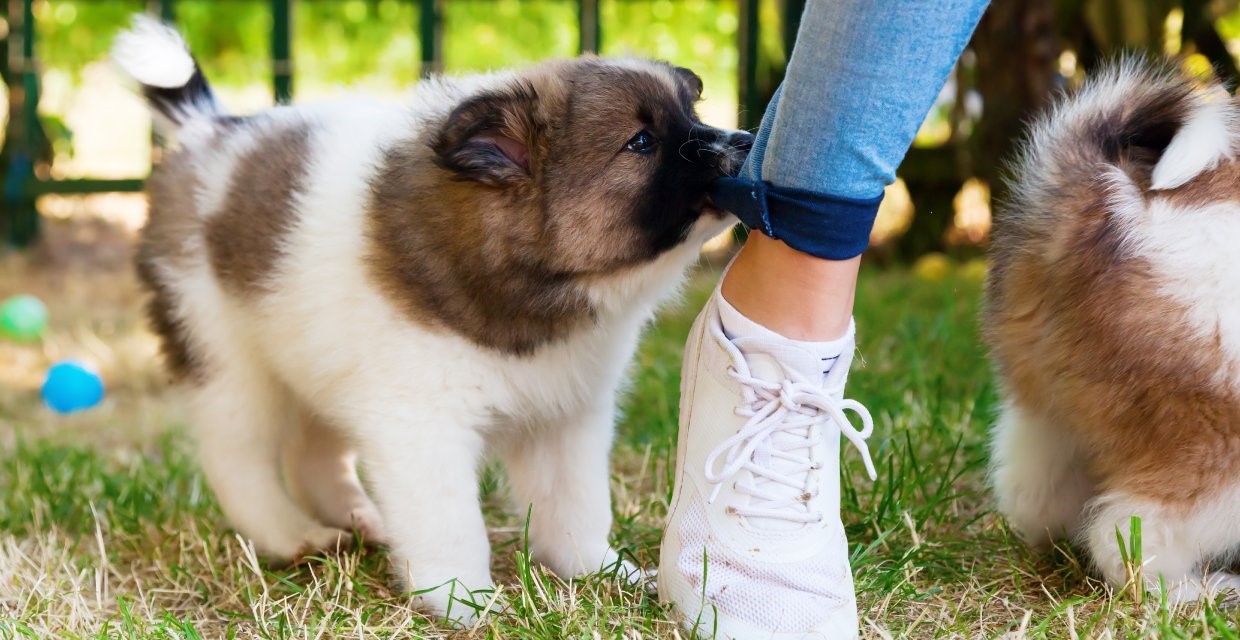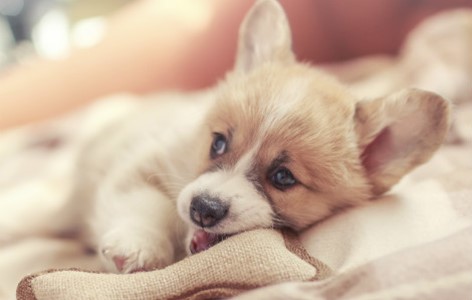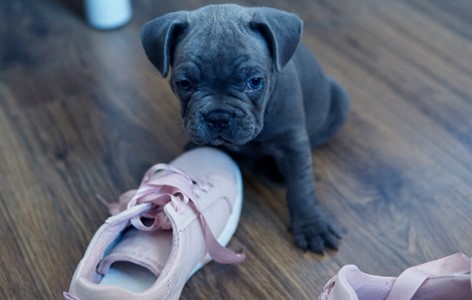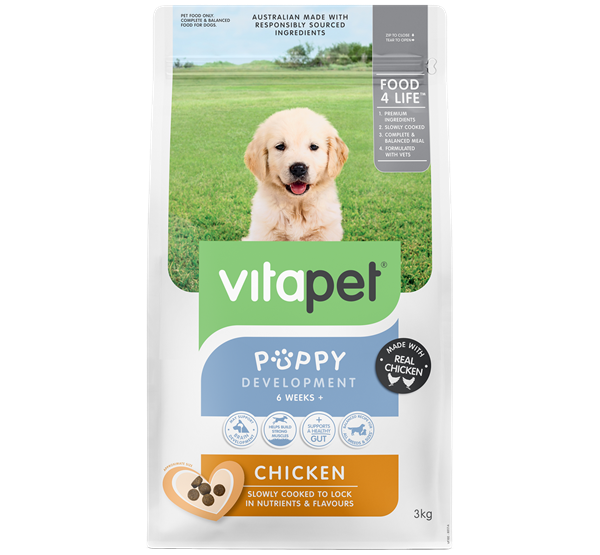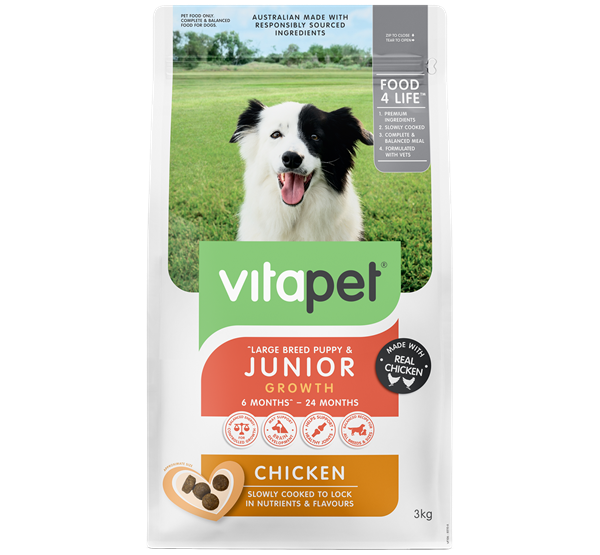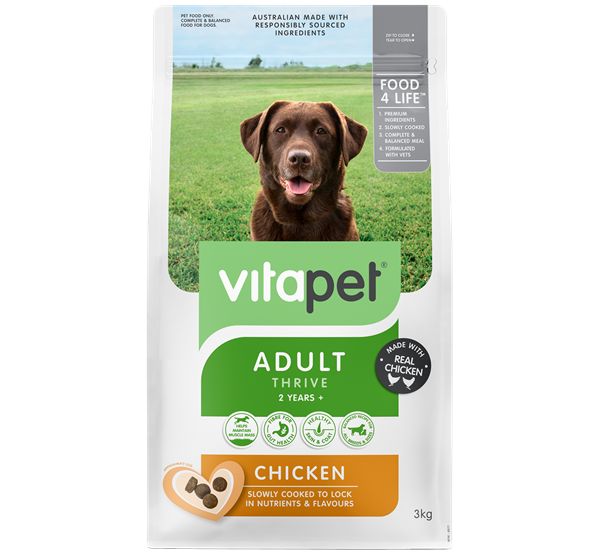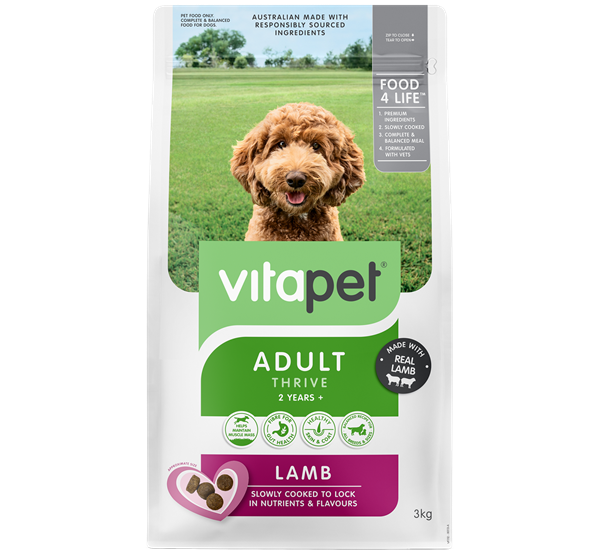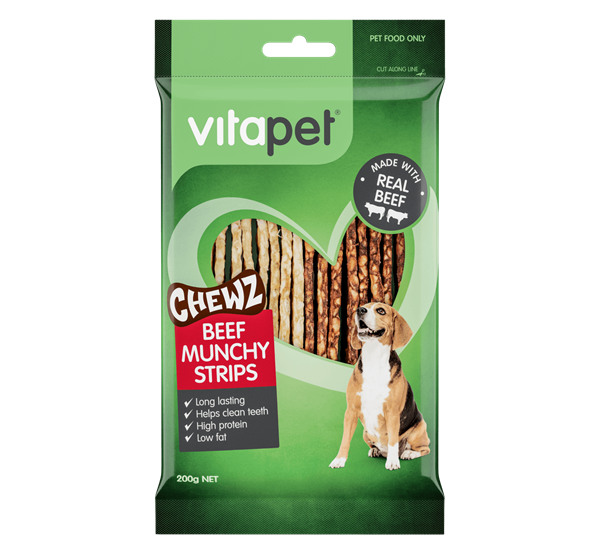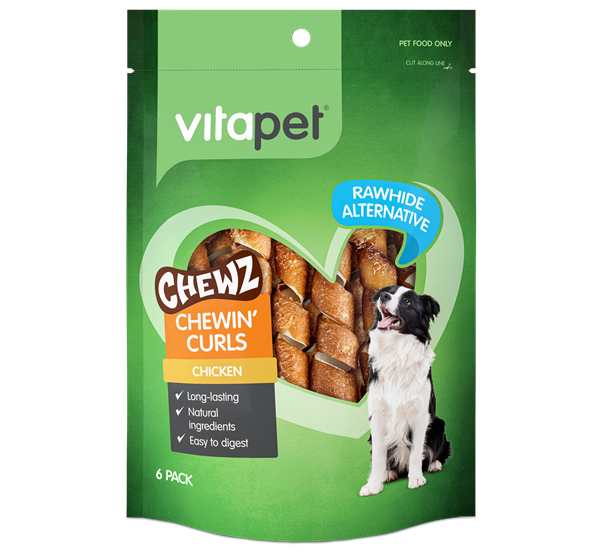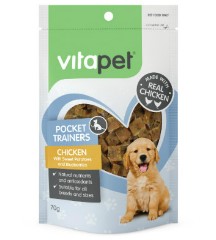Let's start with the question, why does my puppy bite?
As part of their normal development, puppies tend to chew. Any puppy owner will tell you that they will chew almost anything they find, including our hands and fingers, or even our clothing. A peak biting period for puppies is between 12 and 16 weeks of age as they tend to have increased energy levels but still lack impulse control at this age.
Puppies also start to lose their primary teeth and their secondary (adult) teeth erupt between 12 and 28 weeks of age. This may contribute to the degree of chewing they are doing too, as their gums change and feel different as their baby teeth fall out.
Tips on how to stop my puppy from biting
- Have a dog toy ready in your pocket to redirect the biting away from your hands and to the toy
- Avoid loose clothing as it may attract puppies to chase and chew your clothes while you walk – time to get out the active wear!
- Feeding your puppy in more interesting ways can increase self-control and reduce play biting. Try feeding some of your puppy’s meals in a puzzle toy or a slow feeding bowl. You can even use a mini muffin tray to slow down eating and provide some environmental enrichment.
- If play biting persists, avoid reacting and instead, immediately avoid eye contact, cross your arms and withdraw from play
No Punishment
Puppy biting behaviours can be annoying to us, but it is important not to punish your puppy or raise your voice for doing what is essentially a normal behaviour.
We need to teach our puppies where to direct their chewing activities, rather than stopping it altogether.
Punishment can lead to a nervous, anxious puppy, or worse still, could potentially escalate into fear aggression. As with most undesirable behaviours, instead of punishment, it is best to ignore your puppy and stop interacting until the behaviour stops, or in some cases, move away so your puppy no longer has access to you. Try not to react with noise when biting occurs as getting a reaction from you is interesting to your puppy and he or she might want to try it again! Remember to reward your puppy with praise and/or treats for the behaviours that you want to encourage.
Family Dog Safety
A wagging tail means the dog is happy, right? Not always. Movement of the tail simply means your dog is willing to communicate with you, but this may not be a happy emotion.
If puppy biting is frequently accompanied by growling or some of the anxious body language described below, then it is important to give your puppy some space and seek veterinary advice.
If your dog is feeling uneasy, then body language may include:
- Stiff body posture
- White part of the eyes is visible
- Licking lips
- Yawning
- Ears back or to the side
- Cowering
- Moving away
- Baring teeth by raising the lips
Puppy biting is normal and it is important to manage it pro-actively so that your puppy remains confident and social during this critical stage of development.
Trust between puppy and their parent is vital to ensure a strong bond is maintained so using positive and gentle training techniques rather than punishment is recommended.











